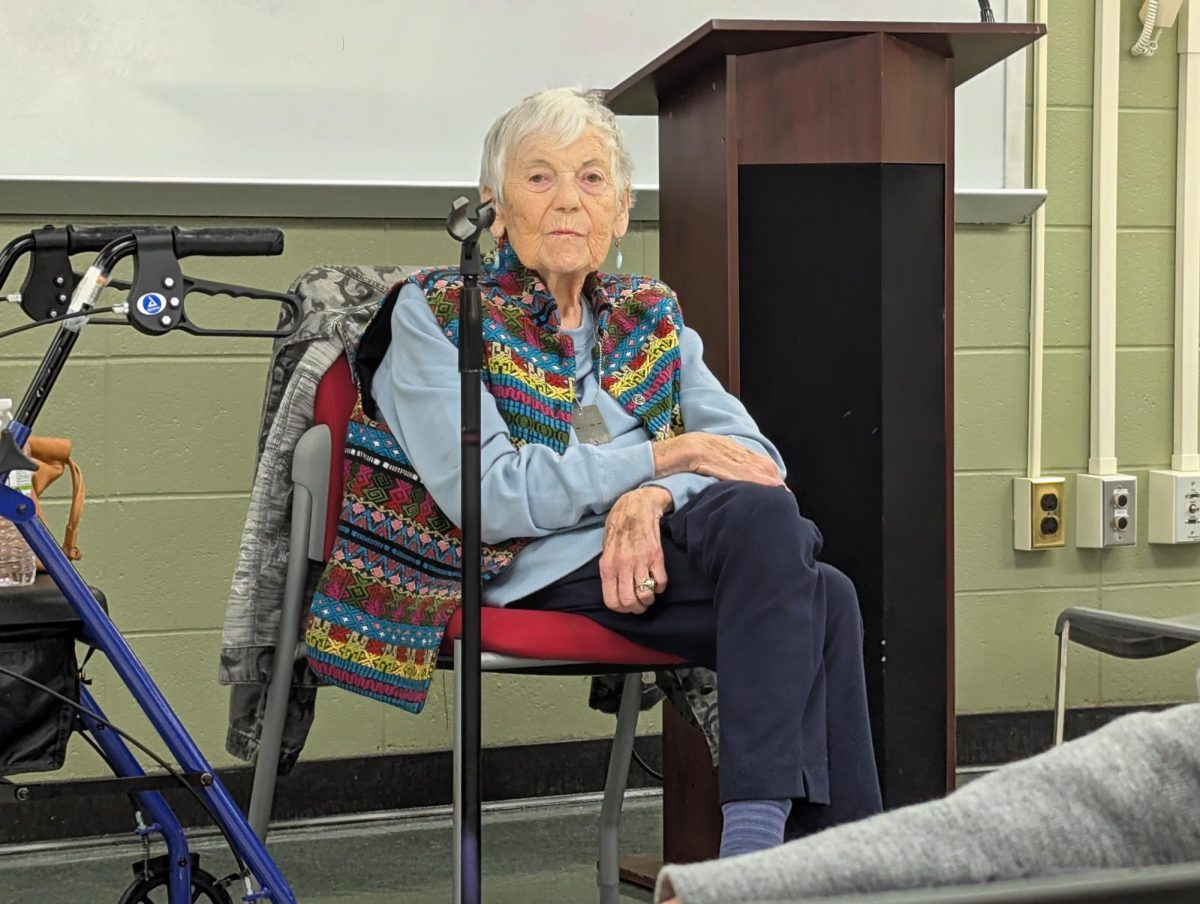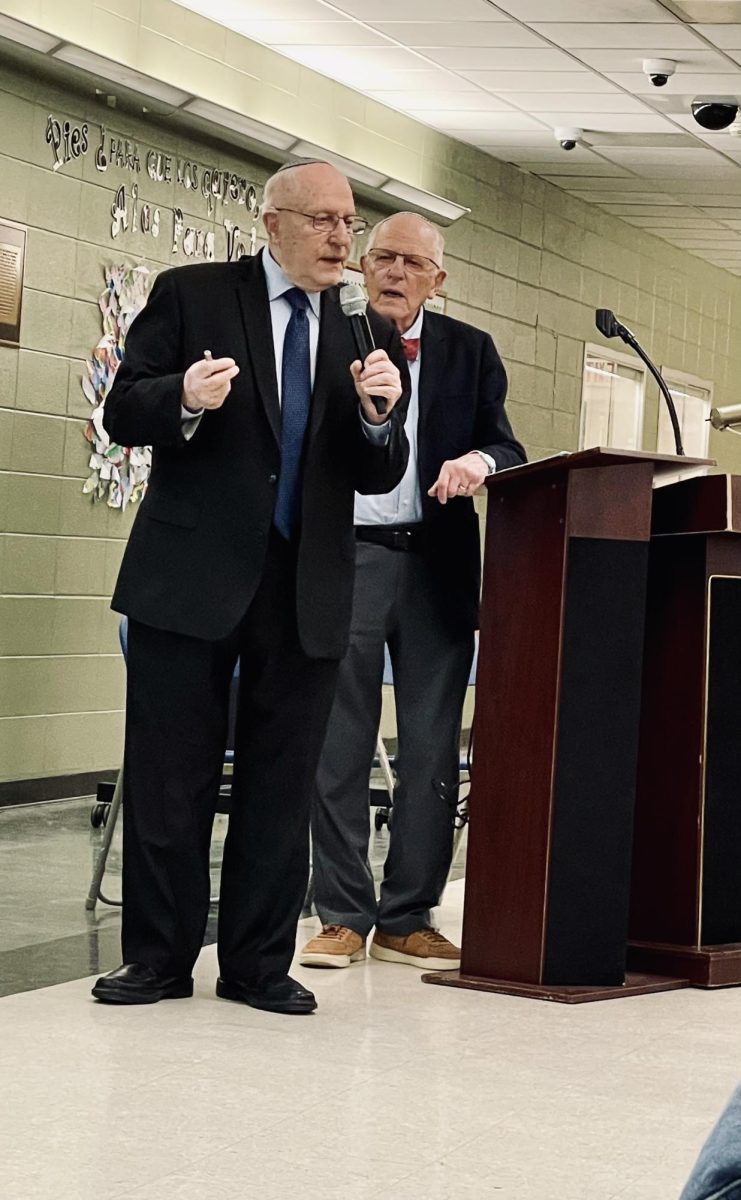A Critical Point in US History
February 5, 2017
The 2016 election was certainly a turning point for the United States, and among many other things, it proved how important politics are, and how people, especially young people, can make huge differences by getting involved; doing anything from keeping up with current events to volunteering for a political organization. Various protests and marches have taken place since the inauguration of the President, including the Women’s Marches that spanned across the US and 57 countries, and a rally at the Municipal Green to show solidarity with the Muslim community. If there’s one thing that brings people together, it’s threats to their human rights.
Donald Trump’s first week as President of the United States has been extremely controversial, to say the least. Along with appointments of people to his cabinet, like Betsy DeVos, a woman against public education, his son-in-law, Jared Kushner, a slew of generals, and some billionaires, Trump has signed multiple executive orders that make it almost impossible to ignore the country’s political climate at this time.
The biggest executive orders passed so far are two that deal with immigration. Trump has delivered on his promise to build a wall; at least, from the looks of it. The wall is proposed to cost about $15 billion, take years to build (long past Trump’s presidency’s end), and create jobs- albeit they are temporary jobs. The goal of the wall is to decrease the number of Mexican undocumented immigrants entering the country, but has created a serious rift because of the racist/anti-Mexican insinuations that Trump’s wall signifies. Melanie Cruz, a junior born in Mexico who moved here with her family when she was four, is not a fan of the wall.
“As a Mexican American, I am very saddened by Trump and his administration, along with the wall situation. I believe in building bridges not walls…I also truly do believe that building a wall between the U.S. And Mexican border will create a lot of tension that we do not need between both countries. I am truly saddened by how my culture has been made out to look like during these past campaign months and now.”
Along with the wall, the news of a Muslim ban sent shockwaves around the nation, as refugees, people with green cards and visas, including students, professors, and an Oscar nominated director were denied entry into the country. Trump’s executive order, which “suspended all refugee admissions for 120 days and blocked citizens of seven Muslim-majority countries, refugees or otherwise, from entering the United States for 90 days: Iran, Iraq, Libya, Somalia, Sudan, Syria and Yemen” (NYTimes). People affected by the ban were detained in airports, where huge protests broke out, and lawyers offered free help to those being detained.
Azim Malek, a senior who is Muslim, but not from the banned countries, is also disturbed by Trump’s plans. “I feel strongly about it, but it’s hard to articulate how I feel exactly. I feel very emotional about it but I don’t know how to express how terrible it is. The US turned away Jewish refugees in 1939, and those Jews died in the Holocaust, and now the same thing is happening.”
Much of the student body has a lot of opinions and feelings about Trump’s executive orders, and those who plan to resist have been actively doing so. However, regardless of political views or interest in the political process at all, these issues cannot be ignored at this critical point in US history.




